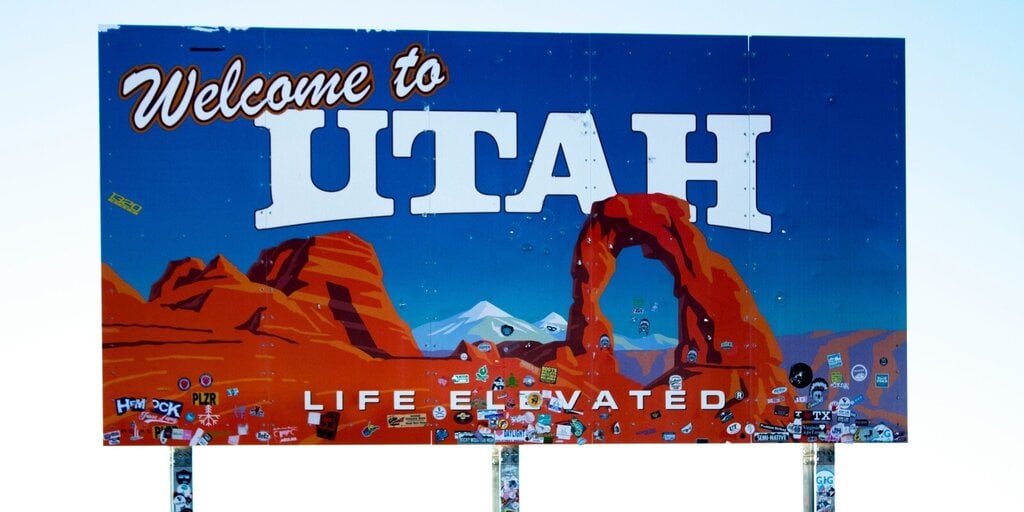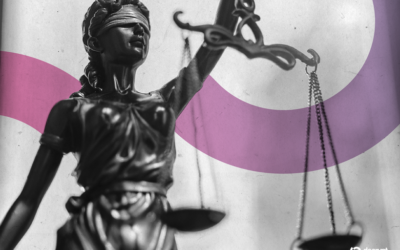Utah lawmakers approved legislation late Friday, aimed at providing regulatory clarity but removed a pivotal provision that would have allowed the state to invest public funds directly into crypto.
H.B. 230—Blockchain and Digital Innovation Amendments passed Utah’s Senate by a 19-7 vote after legislators amended it to eliminate language that would have authorized Utah’s state treasurer to allocate state-managed funds toward a Bitcoin reserve.
Later that night, the House concurred with the Senate’s revisions, approving the bill 52-19, with four abstentions.
Initially introduced by Rep. Jordan Teuscher (R-Utah) and sponsored in the Senate by Sen. Kirk Cullimore (R-Utah), the amended legislation still contains significant blockchain-friendly provisions.
The bill explicitly prohibits state and local governments from restricting the acceptance or custody of digital assets, protects individuals’ rights to run blockchain nodes, participate in staking, and exempts such activities from state money transmitter licensing requirements.
Additionally, the legislation limits local governments from imposing zoning and noise regulations that unfairly target digital asset mining businesses operating in industrial zones.
The move comes shortly after President Trump’s March 6 executive order establishing a Strategic Bitcoin Reserve and U.S. Digital Asset Stockpile at the federal level, reflecting broader governmental interest in crypto adoption.
Governor Spencer Cox has not publicly indicated whether he intends to sign the bill into law. If approved, the measure will officially take effect on May 7, 2025.
U.S. States’ Bitcoin push
While Utah is taking a step back, several other states are now accelerating their push to integrate Bitcoin into public finances.
Texas and Arizona remain the frontrunners of the same.
Last Thursday, the Texas Senate approved the bill by a 25-5 vote after Senator Charles Schwertner, the bill’s sponsor, said Bitcoin’s scarcity and its potential as a hedge against inflation make it a valuable asset for the state’s financial future.
“We don’t have stacks of dollar bills and safes like we did in medieval times,” Schwertner said. “What we have is digital currency.”
Not far behind, Arizona is also advancing its own Bitcoin reserve proposal.
Arizona’s SB 1025, which has already passed through the Senate Finance Committee’s third reading, proposes that the state invest up to 10% of public funds in Bitcoin and other digital assets.
Following Arizona and Texas’s lead, Oklahoma’s HB 1203, the Strategic Bitcoin Reserve Act, passed the House Government Oversight Committee by a 12-2 vote.
However, not all states are as eager to embrace Bitcoin-backed reserves.
States like Montana, South Dakota, Pennsylvania, North Dakota, and Wyoming have outright rejected similar bills due to concerns over Bitcoin’s volatility.
Roughly 18 state proposals are still pending, per Bitcoin Reserve Monitor data, with Kansas, Iowa, Missouri, Illinois, Florida, Massachusetts, Michigan, among others, all exploring the possibility of incorporating Bitcoin into their financial reserves.
Edited by Sebastian Sinclair
Daily Debrief Newsletter
Start every day with the top news stories right now, plus original features, a podcast, videos and more.






0 Comments